AMS vendors market analysis: Key Players, Trends, Recommendations to Pro Teams
AMS systems, also known as Athlete Management Systems, have become one of the most common types of technologies used by pro teams today. With 20+ AMS vendors out there the space has become extremely competitive and fragmented over the years with sometimes teams using and testing multiple AMS systems at the same time. It has now become a bit overwhelming for teams to pick and choose the right AMS system due to the myriad of vendors out there. The space is now moving towards AMS systems capable of preventing injuries and better analyzing the data. In this analysis, we will discuss the current and future market trends, VC/M&A investment trends, the AMS vendor ecosystems, and the key AMS vendors. We will also provide recommendations to pro teams looking to adopt an AMS solution.
What is an AMS?
AMS systems, also known as athlete management systems, are central platforms for the collection and analysis of athlete monitoring and performance data. The aim of an AMS is to assist coaches and support teams to manage and enhance athlete performance and health.
Typically AMS systems include key features such as:
- Staff and player communication & alerts: Typically AMS systems use communication systems (SMS, web based chatting systems..) which allows coaches and athletes to communicate with each other.
- Calendar and scheduling: Most AMS systems include a calendar feature which guides daily workflows so each athlete is properly supported and organized.
- Dashboard & data visualization: Typically AMS systems also offer centralized dashboards which allow coaches, trainers to visualize athletes’ current and past athletic condition for internal use to track progression. Players’ data types tracked can be the load, wearable data (HR, GPS/load..), among other data types.
Picture: (Left) Smartabase/Fusion Sport dashboard, (Right) CoachMePlus app
- Wellness questionnaires: Most AMS systems allow S&C coaches, Athletic trainers to use research-backed Wellness questionnaires to monitor their athletes. A questionnaire would ask athletes how they felt after training sessions, assess muscle/joint soreness and pain. All that data is then visualized in the athlete Dashboards, which allows coaches to make quick training adjustments, adjust the intensity of training sessions, and see which players might be at risk of injury and so on.
Picture Smartabase/Fusion Sport’s wellness questionnaire.
- Content platform (workout videos..): AMS systems also usually include workout videos that athletes can watch from their phone, laptop or PC in order to stay in shape and follow a performance or rehab program.
Picture: Kinduct’s workout videos.
- API integration with wearable or statistical data: Some AMS systems also include API integration to ingest players’ wearable data (HR/HRV, load/GPS, sleep data, etc..). The goal here is to enable coaches to compare how the players feel about specific workouts and sessions based on the wellness questionnaires Vs the actual players’ wearable data. Some AMS systems also integrate with APIs of leagues and teams to integrate statistical data (home runs..) of players. This is the case of companies like Apollo.
- Analytics & injury prevention: AMS systems also typically provide advanced analytics which enables coaches to understand players’ baseline, historical data. It also sometimes provides them with risk assessment tools capable of telling them which player might be at a risk of injury for the next game based on the latest data Vs the player’s baseline. Some AMS systems also offer video analysis tools which allow coaches to analyze videos of live games or training sessions.
Picture: Kitman Labs’ dashboard, 2022.
- Cross platform (PC web platform & mobile app): AMS systems are also typically available cross platform meaning on a mobile app or PC web version. By doing so players and coaches can more easily communicate via a variety of devices and do things (e.g. answer a wellness questionnaire..) on the go depending on the environment that they are in.
Picture: Kinduct.
Granted this feature list is not meant to be fully exhaustive, but we believe that these are the most common features available through AMS systems today.
Lack of differentiation among AMS vendors.
Today most AMS vendors offer the same types of functionalities (e.g. wellness questionnaires, scheduling, workout videos..).. In other words, there is not a whole lot of differentiation among those vendors. With that in mind many of those AMS vendors tend to compete on price. This is good news for teams as they can find the AMS system that fits into their budget but it does not always mean that they can get the best product with the best features.
High level of fragmentation in the AMS space.
Unlike in markets such as the HR/HRV or GPS markets which are dominated by 2 vendors (Polar and Firstbeat for the HR monitoring market; or Catapult and STATSports for the GPS market, based on our recent HR/HRV vendors survey and GPS vendor survey), the AMS vendor market is extremely fragmented. What we mean by this is that there are not 2 or 3 players who dominate this market but there are a myriad of vendors in this industry depending on the sports or leagues. With that in mind, some of those vendors are specialized in certain sports or leagues. We expect this trend to continue in the coming years. This is the nature of this market.
Many AMS vendors offer free trials to teams to get a foot in the door.
Because the AMS market is very fragmented with many vendors in the space, many AMS vendors offer free trials to teams. The goal? Get a foot in the door and hope that those teams will end up being a paid customer after a period of time. Now some AMS vendors even claim having certain teams as customers even though those teams are only testing out their AMS systems. They are essentially leveraging the teams’ name and reputation to try to land other paid customers. We can’t blame them for doing that but this is something to be aware of. We expect this trend to continue in the coming years. This is a sales tactic often used among vendors in order to create some momentum and try to land new customers.
Many AMS vendors turning into analytics and injury risk analysis
The holy grail in the world of AMS is to be able to offer an AMS system capable of analyzing the players’ data and come up with a risk assessment analysis to tell coaches which players might be at risk of injuries. Now is that easy? No it is not. Is it accurate? Not always. In our view, we are still in the early days before seeing AMS systems that can effectively and accurately assess the risk of injury of each player. Granted, we think that most AMS systems do the best they can to analyze the data, and build their own algorithms based on the players’s data, their understanding of players’ physiology, and baseline. It is not an exact science but this might be an indication that a particular player might be at risk of injury if his/her player’s load or heart rate are getting unusually elevated during the last game. The key is to identify specific biomarkers, and patents in order to build risk assessment systems. We believe that in the coming years AMS systems will become more and more advanced when it comes to injury prevention. Now it will also make certain AMS vendors stand out compared to other vendors. AMS vendors who cannot offer advanced injury prevention capabilities will continue to be at a disadvantage. In the end it will be good news for teams and coaches who are always trying to find better ways to prevent injuries which cost them millions of dollars and wins every year.
GPS vendors offering AMS systems too
One of the new trends that we have seen recently is GPS vendors (e.g. Catapult..) offering AMS systems in order to compete against AMS vendors. On the other hand we have also seen AMS vendors teaming up with GPS vendors. This was the case of Mclloyd partnering with Mycoach recently. We believe that there are lots of overlaps between GPS systems and AMS systems which is why we are seeing such a phenomenon. We expect this trend to continue in 2022 and beyond with more GPS vendors offering AMS systems, more AMS vendors teaming up with GPS vendors in order to drive future growth.
Consolidation and M&A activities in the AMS market likely to accelerate
In the coming years, like with the outdoor GPS market, we expect to see some major sports performance companies (GPS vendors, etc.) going on an M&A spree and acquire some AMS vendors in order to further differentiate their product offering. So with that in mind, moving forward we expect M&As to accelerate in the AMS vendor space. There are just too many players in the AMS space with very little differentiation. We don’t think that it is sustainable over time for some of these AMS vendors to remain in business given the growing level of competition in the space. Teams are now in a position to better bargain prices against those AMS vendors which sometimes makes it very difficult for some of those AMS vendors to stay profitable and have healthy margins. With that in mind we expect to see some AMS vendors to literally shut down or get bought in 2022 and beyond. However we would point out that some AMS vendors have managed to build a nice business with a certain number of customers. Now they do not have 500-700 customers like some AMS vendors but they managed to make it work by focusing on a niche market and by building long lasting relationships with a certain number of teams.
The AMS vendors market ecosystem:
The AMS market is comprised of the following subsegments:
- AMS vendors: This category includes companies which provide software enabling teams to manage player’s data (GPS data, biometric data, fatigue…). Key players in the space include companies like Sportgo, Apollo, Kitman labs, Kinduct, Fusion Sport, CoachMePlus, Rock Daisy, Yguara, Edge10, Soccer System Pro, Myagonism, Benchmark54, MyCoach, SAP, Train My Athlete, Iterpro, ProSoccerData, Athlyts, Soccer Bi3, Monilabb, TopSportsLab, SoccerLab, or Mobii.
- Teams and leagues: Teams and leagues are essentially the buyers of those AMS solutions. Within teams, athletic trainers, director of performance or sports science are usually the ones using AMS systems.
Source: Upside global, Confidential 2021
In terms of total customers Fusion Sport, also known as Smartabase, and Edge10, currently lead the way with a total of 1000+ teams as customers, following by Kitman and Kinduct with 700+ and 550+ customers, respectively. ProSoccerData is also in the top 5 with 500+ customers.
Picture: Upside Global, Fusion Sport, Kitman Labs, Kinduct, ProSoccerData, 2022.
Key AMS vendors
- Kitman Labs
Founded: 2012
Amount money raised: $80M
Website: https://www.kitmanlabs.com
Investors: Kitman Labs has raised a total of $82M (our most recent round was $52M) in funding over 9 rounds. Their latest funding was raised on Nov 4, 2021 from a Series C round. Kitman Labs is funded by 7 investors. Guggenheim Investments and QVIDTVM are the most recent investors. Kitman Labs has acquired 2 organizations. Their most recent acquisition was Presagia Sports on Jul 14, 2021.
Total employees: 120
Customers / partners: Over 700 elite teams across the NFL, NHL, MLB, NCAA, English Premier League, La Liga, Serie A Bundesliga, Pro14, Premiership Rugby, and Japan’s Top League use the company’s technology. Some of their customers include teams such as the LA Galaxy (MLS), Toronto FC (MLS), Chelsea FC, Everton FC (Premier League), Saracens, New Jersey Devils, University of Colorado, Baylor University, Cubs (MLB), just to name a few.
Company/product description: Kitman Labs is the Intelligence Platform provider for elite sports teams around the flob. Founded in 2012 with the vision to fundamentally change how the industry uses data to improve performance, health, youth development, and talent strategy, the company has invested tens of millions of dollars to created a modern operating system and advanced analytics that are tailored for each organisation based on their unique goals, culture, data, and approach to sport. Teams use their Intelligence Platform to consolidate data, build up shared processes that use analytics-driven shared intelligence, and establish collaborative decision making across all departments. With over 100 Performance Experts with backgrounds in coaching, medical, sports science, and data science, Kitman Labs provides unparalleled expertise and support to accelerate each customer’s path to success.
2. Kinduct
Founded: 2010
HQ: Kinduct – Halifax, Nova Scotia (Canada)
Amount money raised: $14M – Acquired by Movella (previously known as mCube) in September 2020)
Website: www.kinduct.com
Investors: Kinduct has raised a total of $14M in funding over 3 rounds. Kinduct raised a Series A round on Oct 24, 2016. Pre-acquisition, Kinduct was funded by 5 investors including Intel Capital, Elysian Park Ventures, and CFFI Ventures.
Total employees: 28
Customers / partners: Kinduct’s Athlete Management System (AMS) is used by over 550 teams, leagues, Olympic organizations, performance centres, military and healthcare organizations around the world. Kinduct have supported multiple world champions across the MLB, NHL, NBA, NFL, and NCAA as well as organizations that train the tactical athlete and those empowering the patient. Some of its customers include teams such as the Penguins (NHL), Warriors (NBA), FC Dallas (MLS), Impact Montreal (MLS), Houston Rockets (NBA), Cleveland Cavs (NBA), Washington Wizards (NBA), just to name a few.
Company/product description: Kinduct’s cloud-based AMS consolidates a wide array of performance and injury data, improving workflows and optimizing performance for over 100,000 coaches, trainers, and athletes. Kinduct is also integrated with many world-leading wearables, assessment and data collection technologies, turning rich data into powerful insights. The Kinduct solution consists of a web-based platform along with two mobile applications, Staff App and Athlete App, to provide an end-to-end solution connecting the coach and the athlete with the data and insights that matters to them.
- Fusion Sport
Founded: 2003
HQ: Boulder, Colorado (United States)
Amount money raised: $13.9M
Website: https:www.fusionsport.com
Investors: Fusion Sport has raised a total of $13.9M in funding over 4 rounds. Their latest funding was raised on Aug 19, 2021 from a Debt Financing round. Fusion Sport is funded by 7 investors. Mars Growth Capital and Equity Venture Partners are the most recent investors.
Total employees: TBD
Customers / partners: Their Smartabase Human Performance Platform is currently used by 260+ organizations and thousands of teams around the world as their central data analytics and performance optimization platform. Some of their customers include teams such as Dallas Mavericks (NBA), Denver Nuggets (NBA), Detroit Pistons (NBA), LA Lakers (NBA), Portland Trail Blazers (NBA), Sacramento Kings (NBA), San Antonio Spurs (NBA), UFC, Redbull, English Cricket Board, New Zealand Cricket, Sri Lanka Cricket Board, West Indies Cricket Board, Ajax Football Club, Arsenal FC, AS Monaco, Crystal Palace FC, LAFC (MLS), Boston Red Sox (MLB), Detroit Tigers (MLB), Tampa Bay Rays (MLB), Texas Rangers (MLB), Dallas Cowboys (NFL), Detroit Lions (NFL), Houston Texans (NFL), Arizona Coyotes (NHL), Buffalo Sabres (NHL), LA Kings (NHL), Austin Gilgronis (MLR), Atlanta Rugby (MLR), Brumbies Rugby (ARU), Fiji Rugby Union, Highlanders Rugby Club (NZRU), Melbourne Rebels (ARU), NSW Waratahs (ARU), Queensland Reds (ARU), Western Force (ARU), just to name a few.
Company/product description: Fusion Sport, also known as Fusion or Smartabase, develops, implements and supports a range of technologies to optimize performance and health. Smartabase enables military, sports, arts, research and performance organizations to more efficiently collect and transform data into actionable information. Through flexible and configurable data analytics workflows data is collected, combined, visualized and securely stored in the platform. Smartabase delivers actionable data in real time where it can be used to inform decision making on health and performance.
Founded in January 2003 by sport scientist Dr Markus Deutsch and mathematician Dr Douglas Moore, Fusion Sport are a team of over 100 dedicated, experienced and highly educated sport scientists, data analysts, engineers and businesspeople. They strive to take the latest technologies available, and combine them with their experience and passion to deliver the optimal value to their clients and their organizations.
- Apollo
Founded: 2017
HQ’s : WhitePlains, NY, Leeds (UK), Sydney, Australia
Amount money raised: Private
Website: https://apollov2.com
Investors: TBD
Total employees: 20 employees
Customers / partners: Over 250 teams from the Premier League, NBA , MLB, NFL, NHL, AFL, Rugby League, Olympic and Collegiate. Select customers: Manchester United FC, Brighton FC, Gold Coast Suns, New Orleans Pelicans, USA Volleyball , Washington Nationals, Phillies, USC, LSU, Purdue, just to name a few.
Company/product description: Apollo is a group of professional athletes, performance directors and software CEO’s who have over 100+ years of working with teams such as NY Knicks, Manchester United FC, Chelsea FC, Liverpool FC, Leeds United FC, England National Soccer Team, The Washington Nationals, NIKE to name but a few. Used by some the biggest names in the world of sport. Apollo’s AMS system allows the user to build out bespoke methods of collecting data. Its modern loose framework allows other products and connections with existing systems to seamlessly collect and centralize an organization’s data without moving from the current products /software they are using. It removes the silos of departments data. Centralizing a teams data no matter what products or software they use is key!
It enables teams to input data automatically through APi configurations. They can also create their own CSV imports. Apollo currently has 30 API’s built within their system ranging from GPS : Catapult / Stats Sports / Poler, Apple Watch (HealthKit), VALD, to Wyscout and Inbody. They also have a full video cloud library that allows all videos to be collected direct from a phone or editing software. These videos can be placed in chosen areas of need from Game Highlights, Practice, Rehab, S & C, Nutrition etc.
Apollo also prides itself on data visualization. “The Picture should tell the coach the story.” Apollo’s system can integrate with the gold standard of customer reporting software, it utilizes best in practice in products such as Tableau and Power BI. This allows the user to build visual meaning reports on any piece of data within the platform. From Game Stats, GPS, Weight Room, Training room its does not matter. These reports can then be seen on their unique app as well as on their system.
Apollo has also built algorithms / AI Models specific for a teams needs using coding platforms such as Python, R, and Watson. These can all be built within the structure of its platform. Apollo feels each team needs different questions answered, therefore the modeling should be built around the teams needs and their data.
Apollo app (in both IOS and Android) can be customized like their system, that includes a full communication platform with chat rooms and voice dictation. The Coach, Doctor, Physio, Trainer ,Strength Coach can now quickly record their thoughts or opinions by talking directly into their phone, which will be collected and converted into text into the appropriate areas of the platform.
- Edge10
Founded: 2009
HQ: Hackney, Hackney, United Kingdom
Amount money raised: TBD
Website: www.edge10group.com
Investors: TBD
Total employees: 36
Customers / partners: 1,000+ sports teams including Major League Baseball and its 30 franchises, National Hockey League and its 31 clubs, and teams across the Premier League, English Football League, National Football League, National Basketball Association, Major League Soccer, Australian Football League, as well as NCAA schools, and multiple amateur organisations from the UK, Australia, Japan to India, the USA and Canada.
Company/product description: EDGE10 Group is the award-winning market leading powerhouse in Athlete Analytics SaaS. Working down the sporting pyramid from elite sport to grass roots, providing leagues, teams and sporting organizations with the world’s leading health, performance and physical testing solution to maximize performance, reduce injuries and identify & develop the talent of the future.
- CoachMePlus
Founded: 2013
HQ: Buffalo, New York (USA)
Amount money raised: $1.9M
Website: https://coachmeplus.com/
Investors: CoachMePlus has raised a total of $1.9M in funding over 3 rounds. Their latest funding was raised on Oct 30, 2015 from a Grant round. CoachMePlus is funded by 3 investors. 43North and Z80 Labs Technology Incubator are the most recent investors.
Total employees: 20
Customers / partners: 220 professional and NCAA sports teams (Bills/NFL, Chicago Bulls/NBA, Chicago White Sox/MLB, Nashville Predators/NHL, Notre Dame/NCAA..).
Company/product description: CoachMePlus is an Athlete Management System Software used by over 220 professional and NCAA sports teams to manage and track the performance of their athletes. They work with major professional and collegiate sports franchises, they also provide systems to high schools and performance gyms. They integrate with over 50+ of their third-party apps like GymAware, MindBody, and Polar. They help them calculate one rep max tests and avoid overtraining.
- Rock Daisy
Founded: 2014
HQ: New York, NY (USA)
Amount money raised: TBD
Website:www.RockDaisy.com
Investors: RockDaisy has raised a total of — in funding over 1 round. This was a Seed round raised on Oct 4, 2017. RockDaisy is funded by Stadia Ventures.
Total employees: 10
Customers / partners: 500 sports organizations (NFL, NBA teams (TBD..)
Company/product description: Founded by a pair of former NFL technologists who built and ran the NFL League Office’s analytics department for a combined 20+ years, ROCKDAISY is a data analytics and visualization platform designed specifically for the non-tech user. ROCKDAISY incorporates information (data, images and video) from multiple sources to provide an effective solution directly to decision makers. Information is presented on a dashboard via customized reports that are continuously updated, easy-to-understand, easy-to-use and lightning fast in operation. RockDaisy operates stand alone, or can be completely re-branded as a white-label product.
- Soccer System Pro
Founded: 2008
HQ: Barcelona (Spain)
Amount money raised: TBD
Website: https://soccersystempro.com/
Investors: TBD
Total employees: 10
Customers / partners: .TBD
Company/product description: MDM Systems, which powers Soccer System Pro, stands for Medical Data Management Systems. They develop world class sports medicine data management software. They form partnership with hospitals, sports clubs, universities and individuals seeking advanced, intuitive software to manage their day to day business and improve their current and future ways of working. MDM was founded in 2008 and is headquartered in Barcelona, where their team of 7 passionate employees work tirelessly for our customers. They are not doctors, physios or sports science practitioners and they don’t aspire to be either. They are a team of young, hardworking web engineers, analysts, statisticians and designers with a broad experience of the digital world.
- Myagonism
Founded: 2012
HQ: Pavia, Lombardia, Italy
Amount money raised: $380k
Website: www.myagonism.com
Investors: MYagonism has raised a total of $380K in funding over 4 rounds. Their latest funding was raised on Sep 1, 2015 from a Grant round. MYagonism is funded by 2 investors. Nicola Lamberti and Gaetano Passaro are the most recent investors.
Total employees: 2
Customers / partners:
Company/product description: MYagonism dreams to democratize the sports analytics innovation to every coach in the world. App, Analytics platform and Wearables for amazing sports analysis affordable for all. They build an algorithm to find the “hidden value” of each player. Talent-related sport solution.
- MyCoach
Founded: 2011
HQ: Nice, France
Amount money raised: 9.8M Euros
Website: https://www.mycoachsport.com/
Investors: TBD
Total employees: 55
Customers / partners: 11 International sports federations.
Company/product description: MyCoach has specialized since 2011 in the design of digital solutions for sport. Adapted to all players in sport (practitioners, teachers, clubs and federations), its applications support sports practice, facilitate the dissemination of technical expertise and optimize performance. With eight French partner federations, and its nomination to the GIE “France Sport Expertise”, MyCoach is now affirming its ambition to support the entire sports movement in its transition to digital.
- Benchmark54
Founded: 2011
HQ: Harrogate, North Yorkshire, (UK)
Amount money raised: TBD
Website: www.benchmark54.com
Investors: TBD
Total employees: 5
Customers / partners: TBD
Company/product description: Benchmark54 is a complete muti-platform sports injury software platform for use in professional football. Unlike current electronic medical record systems (EMRs) Benchmark54 has many unique features that gives a club valuable information to improve medical services and player welfare.
- SAP
Founded: 1972
HQ: Walldorf, Germany.
Amount money raised: N/A (Public company)
Website: https://www.sap.com/products/sports-one.html
Investors: SAP is funded by 2 investors. Elliott Management Corp. and EASME – EU Executive Agency for SMEs are the most recent investors.
Total employees: 102,430
Customers / partners: TBD
Company/product description: SAP is a technology company that develops enterprise application software for companies and industries across diverse sectors.
SAP Sports One, SAP’s AMS solution, is available for soccer, ice hockey, basketball, handball, skiing, and rugby. SAP Sports One software helps clubs and organizations digitalize sports performance management by coordinating all administrative, training and team management, scouting, and medical processes.
- Train My Athlete
Founded: 2016
HQ: London (UK)
Amount money raised: TBD
Website: https://trainmyathlete.com/
Investors: TBD
Total employees: 4
Customers / partners: Yeovil Town Football Club, England Football Amputee Association, Newcastle Eagles and Apollon Limassol FC, Hong Kong Football Association, Southwestern Christian University, just to name a few.
Company/product description: Train My Athlete provides a Sports athlete management software. Live GPS, Wellbeing, Rehab, S@C, Video Analysis, Nutrition and Injury analytics all in one platform and affordable for all clubs. Better, faster and easier to use than anything that has come before it.
- Iterpro
Founded: 2018
HQ: Southam (UK)
Amount money raised: TBD
Website: https://iterpro.com/
Investors: TBD
Total employees: 23
Customers / partners: AC Milan (Serie A), Bologna FC (Serie A), Torino FC (Serie A), AC Monza, Swiss FA, Malta FA, Latvia FA, Leeds FC (Premier League), Watford FC (Premier League), Zenit St. Petersburg (Russian Premier League), just to name a few.
Company/product description: A unique combination of sports science, football finance, and software engineering has led to the development of the ultimate football management solution. “Iterpro Football Intelligence” is a full-stack solution through which football organizations can centralize all the strategic information, improve the information sharing, workflow, and support the stakeholders in making better decisions faster.
A one-stop-shop place that provides a wide range of features built specifically for each football club department (Technical, Performance, Medical, Talent Development, Scouting, Administration, and Finance) that enables members of staff to manage daily operations and carry out advanced analysis in a very intuitive way. Iterpro is the first business intelligence solution built from the ground up for football clubs, that aims to connect the organization from the pitch to the board through the most comprehensive and easiest to use system in the football industry.
- ProSoccerData
Founded: 2013
HQ: Dilbeek, Belgium
Amount money raised: TBD
Website: https://www.prosoccerdata.com/
Investors: TBD
Total employees: 18
Customers / partners: PSD is used by 500+ soccer organizations in 21 countries (professional and amateur segment). Ajax Amsterdam, RSC Anderlecht, Standard de Liège, the Belgian national team and the Japanese J-League
Company/product description: ProSoccerData is an online management platform, enabling clubs, federations & leagues to operate with higher efficiency and maximize individual player development. The PSD-platform has grown into a well-spread tool within the Belgian and international youth soccer landscape. Today PSD is used by >500 soccer organizations in 21 countries (professional and amateur segment). Ajax Amsterdam, RSC Anderlecht, Standard de Liège, the Belgian national team and the Japanese J-League have been part of the PSD clientele for a number of years. PSD also facilitates Tennis Vlaanderen in following up on young tennis talent.
- Athlyts:
Founded: 2019
HQ: Zurich (Switzerland)
Amount money raised: 7-digits
Website: https://athlyts.com/
Investors: On-running founder Olivier Bernhard, and other individuals from the world of sports and impact investing
Total employees: 9
Customers / partners: Competitive clubs, youth academies, sports schools and national federations in 25+ sports
Company/product description: Athlyts is a next-generation Athlete Development platform helping young athletes achieve more. Powered by AI, Athlyts makes daily monitoring and synthesis of personal data easy and lets them share it with their staff. This improves the quality of their development, protects their mental and physical health, and helps them reach their full performance potential faster. Athlyts also serves the support system of the individual athlete and provides dedicated apps to help them achieve more in their daily mission as a coach, medical staff or parent. Athlyts is built for every young or elite athlete, coach, club, federation and other institutions working with athletes to use – worldwide, no matter their sport or budget.
- Monilabb:
Founded: 2013
HQ: İstanbul, (Turkey)
Amount money raised: TBD
Website: https://www.monilabb.com/
Investors: TBD
Total employees: 12
Customers / partners: Besiktas JK, Trabzonspor SK, Basaksehir FK, Göztepe FK, Turkish Football Federation, Turkish Basketball Federation, Acıbadem Sports FIFA Center.
Company/product description: Monilabb is a next generation Athlete Monitoring & Risk Prediction System developed with data driven and AI based algorithms to prevent injuries and underperformance in sports.
The platform was structured between 2012 – 2013 on a preliminary study with an active 10 years of experience on sports science, medicine and technology. First beta version was developed through a busy and global collective process around 2 years; which has been tested in a Super League soccer team and TKBL basketball team during the whole season. It is then dedicated to the sector as a flexible software continuously improved with the feedbacks from active users and researches. Dedicated to sector as a software (SaaS), based on a dynamic and flexible structure which will continuously be improved with guidance of sectoral needs, user feedbacks and scientific researches.
- TopSportsLab:
Founded: 2009
HQ: Lanklaar (Belgium)
Amount money raised: TBD
Website: https://www.topsportslab.com/
Investors: TBD
Total employees: 8
Customers / partners: TBD
Company/product description: Topsportslab (TSL) is a spin-off company of the University of Leuven, Belgium. They implement performance management in professional football clubs and academies as well as in other high value contact sports. The mission of TSL is to improve the availability, efficiency and productivity of the players and athletes. By using a web based application TSL supports and advises technical and medical staff based on scientific research and expertise. Different modules are integrated in the web-based application. Our performance management module consists of different sports scientific algorithms based on data entered on a daily basis in the other modules (overuse indicator, training load analysis, fitness / fatigue reports, performance prediction, injury risk profiles and more…).
- SoccerLab:
Founded: 1999
HQ: Hasselt (Belgium)
Amount money raised: TBD
Website: https://www.soccerlab.com/
Investors: Cronos Group
Total employees: 15
Customers / partners: PSG (French League), Borussia Dortmund FC (Bundesliga), Paranaense (Brazilian league), Parma FC (Italian league), PSV Eindhoven, AZ Alkmaar (Dutch League), Club Brugge FC, KRC Genk (Belgian league) and 50 more clubs and federations all over Europe.
Company/product description: SoccerLAB is developing solutions for professional football clubs and federations. They support these international clubs and federations with several features: video analysis, video management, scouting & recruitment, individual performance, medical, individual and group training, and integration of objective match analysis and tracking data. The philosophy of SoccerLAB is to increase the value of football clubs and federations by using an integrated management and information system, regarding the needs of managers, analysts, coaches, scouts, the medical staff, the youth academy and players.
- Mobii
Founded: 2008
HQ: Cape Town (South Africa)
Amount money raised: Mobii Systems has raised a total of ZAR8.5M in funding over 2 rounds. Their latest funding was raised on Apr 30, 2021 from a Seed round.
Website: https://mobii.com/
Investors: Blue Label Ventures.
Total employees: 25
Customers / partners: Pro rugby (Springbox South Africa..).
Company/product description: Mobii is a team of highly skilled developers that enjoy building new technologies, combining hardware and software. They are based in Cape Town and their team have backgrounds in Military Electronics, Mechatronics and Thermo-dynamic engineering, Software Development and Business Science. Their smart encoder is designed to transmit video over standard networking infrastructure, thereby reducing the cost and complexity of moving video, allowing for advanced features, and providing a backbone for additional services (communication and data). Users do not need special hardware to capture and view the feeds. Mobile phones, tablets and laptops can be used to stream the video from anywhere in the world.
- FieldWiz / ASI
Founded: 2012
HQ: Lausanne (Switzerland)
Amount money raised: CHF655K
Website: https://www.asi.swiss
Investors: FieldWiz is funded by 2 investors. Business Angels Switzerland (BAS) and Foundation for Technological Innovation (FIT) are the most recent investors.
Total employees: 18
Customers / partners: Swiss soccer teams, Belgium soccer teams, FFR XIII, among others.
Based on the joint passion for sports and technology of its founders, Advanced Sport Instruments SA (FieldWiz) is specializing in the development of electronic performance and tracking solutions. At the core of the company is a team dedicated to reimagining how technology can be leveraged to improve the performance of elite athletes. Advanced Sport Instruments works with hundreds of organizations and brands around the world like nation winter sport federations, football club from Champions League level to ambitious amateur teams, motorbike racing and adventure sports solutions. The company was the first to obtain the FIFA IMS certification for its solutions.
Recommendations to teams and leagues looking to adopt an AMS solution
Here are some recommendations for teams or leagues looking to adopt an AMS solution:
- Ask yourself some key questions and assess your ideal game style: Teams need to ask themselves some key questions (AMS requirements, types of data needed, monthly or annual budget) before adopting an AMS solution. Teams also need to have the right resources to be able to manage the AMS solution on a daily basis.
- Adopt an AMS system that fits teams’ actual needs: It is critical for teams to pick a AMS system to meet their needs. If an AMS system requires the staff members to dedicate too many hours or staff members it may not be the right fit for the team.
- Adopt a AMS system that fits into your workflow: This is probably one of the most important points. Whatever AMS solution a team decides to adopt the AMS system needs to fit into the team’s workflow, meaning that it should not disrupt the routine of the athletic staff, players and make them less productive. Those AMS systems should be easy to use and intuitive for the athletic training staff. Overall, if a AMS system does not meet those criteria it is probably not a good fit for a team.
- Adopt an AMS solution that is highly customizable: It is important to use an AMS system were coaches, ATs can integrate various types of data types and that can be customized to fit the needs of the teams. In our interview with Dave Hancock, CEO of Apollo Youth and former head of performance at the NY Knicks (NBA), England National soccer team and Chelsea FC (Premier League), explains during an interview with The Upside that: “An AMS solution should be completely customizable and supportive to the clients needs instead of a one-size-fits-all box solution. In sport we are inundated with data on various systems and excel spreadsheets; all within silos! A system that allows you to plug and play data into one centralized system allows you to cross reference data to provide a more holistic view on your athletes. An AMS should also provide data visualization in an effective and meaningful way to a coach through desktop and the phone. Most importantly an AMS solution should save you time!”.
- The adoption of AMS must be at the center of the clubs’ strategy to leverage the value of accumulated data regardless of the staff: It is critical to make the AMS system a core component of the club’s overall strategy. With that in mind, clubs should pick an AMS system that will remain regardless of the new athletic training staff. Granted it is easier to be said than done but that will avoid a lot of problems if a new staff comes in and to ensure continuity. In our interview with Julien Moix, CEO of ASI, explains during an interview with The Upside that: “On a regular basis we see that the data generated by a club is linked to the account or the Excel spreadsheets of staff members. Once the club change the staff, it is all of their data that is gone and the club must start to collect them all over again. The loss is huge. The adoption of club owned and managed central AMS must be at the center of the strategy to leverage the value of the cumulated data regardless of the staff”.
- Choose a handful of key metrics and focus on creating basic data visualizations around them: It is also important for the athletic training staff to focus on analyzing and visualizing the “right” metrics. In our interview with Elvis Pereymer, CTO, Rock Daisy, explains during an interview with The Upside that: “The purpose of an Athlete Management System is more than just the ability to collect and house all your data in one place; rather, it is meant to make the decision-making process significantly more efficient through data analytics. With mountains of data coming from GPS, Force Plates and other performance collection sources, data analytics can become overwhelming due to a vast range of data points. I recommend choosing a handful of key metrics from each data source that you, the Sports Scientist, find essential and focus on creating basic data visualizations around them”.
- Focus on getting a 360° data collection per player, data analysis and making conclusions accordingly: It is critical for teams to focus on collecting data that will give them a complete picture of the player’s physical and mental health. For example, ingesting into an AMS system data related to the player’s health (HR, GPS, hydration/electrolyte, Force plate, calories, sleep, etc..), performance (playing time..) will allow the athletic training staff to fully understand the player’s health and performance and take the proper actions. In our interview with Koen Beyen, CCO at SoccerLab, explains during an interview with The Upside that: “Being data-driven is the foundation for smart decision making. If you want to develop and recruit better players, the process includes 360° data collection per player, data analysis and making conclusions. In the future clubs have to manage even more data: Be prepared and start collecting today in a consistent and central way”.
- Focus on quality and consistency: It is one thing to use an AMS system but what matters is to focus on good quality data and using the AMS system consistently. But importantly it is critical to consistently share the data with athletes and educate them so they can fully understand what the data means, and better correct behaviors to increase their performance. In our interview with Alexei Strasser, former Beach Volleyball professional and co-founder of Athlyts, explains during an interview with The Upside that: “I see tremendous potential in better understanding what young athletes are concerned about every single day, and we can empower them to share this information more accurately. How they feel and other subjective factors often outweigh the ones measured by hardware when coaching them towards faster development and better performance. Yet their monitoring often lacks quality and consistency.”
- Focus on adopting an end-to-end platform: In our interview with Marco Savino, CEO & Founder, Iterpro, explains during an interview with The Upside that: “Implementing a data management system in a club is a strategic solution to keep track of the key processes and information about the players. From my perspective clubs should value their long-term vision rather than their short-term needs. I’d say 3 of the main characteristics to build a successful digital ecosystem are, enough flexibility to integrate third parties and fit the specific teams’ and age groups requirements; stunning usability to provide its own staff with a tool simple to use and time-saving; an end-to-end solution that covers and integrates as many aspects of the process as possible”.
- Adopt an AMS solution that ultimately helps prevent injuries: Adopting an AMS solution embedded with an injury prevention software that will aggregate and analyze various types of data types (HR, sweat loss/dehydration, electrolyte, sleep data/HRV, force plate data..) in order to fully assess the risk of injury per player, is absolutely critical. Granted most AMS systems cannot fully predict injuries as it is very complex to do so but they can help the athletic training staff to see early signs of potential injuries. Some AMS systems use advanced algorithms which help the athletic training staff identify patents, and baseline of each player, and identify when a player is at high risk of injuries based on increased load, increased body temperature, poor sleep quality, asymmetries, or other factors.
- Make sure to have staff members (Analysts, sports scientists) that can manage your AMS systems on a daily basis: Teams also need to have a dedicated person on staff responsible for the AMS system. If a team does decide to adopt an AMS solution but does not have the proper resources (staff members..) to manage the AMS solution there is no point in adopting an AMS solution.
- Focus on AMS vendors with great customer service: This is another key factor when buying a AMS system. It is important for the team to adopt a AMS system with great customer service. Some AMS vendors provide staff members who can go on the customer’s site in order to assist teams with any problems. Some AMS vendors even have the ability to build custom data to teams. These are the type of AMS vendors that teams need to work with when adopting a AMS system.
- Focus on AMS vendors that meets the teams’ budget and without long term contracts: Sometimes we hear from teams that they are locked into long term contracts by some AMS vendors. Therefore it is important for teams to look for AMS vendors that offer pricing flexibility (1 year contract, etc) as well as affordable pricing options based on the teams’ needs. Granted some teams have bigger budgets than others and can afford to pay for more expensive AMS solutions but many pro teams do not. As they say “one size does not fit all”.
- Focus on AMS vendors with value added services: As we mentioned before, working with an AMS vendor that can not only visualize the data but more importantly generate actionable health insights in order to better understand and visualize the players’ data is critical as well.
Bottom line: We expect AMS solutions to remain a key component of teams’ overall athletes’ training and monitoring strategy. Now some teams we work with still do not use any AMS systems, but the vast majority of them do. It is very important for those teams and leagues to carefully assess AMS vendors in terms of API integration capabilities, analytics, product quality, pricing flexibility, customer support, vision of the management team, and other factors. Moving forward we expect the AMS market to remain extremely competitive but we expect the market to consolidate over time through M&As. We also expect to see the emergence of AMS solutions with better analytics, capabilities and the ability to better predict injuries. The emergence of new types of advanced wearables capable of measuring new types of biometric data (lactate, hydration, fatigue, etc..) and with more advanced analytics, will also play a key role there.

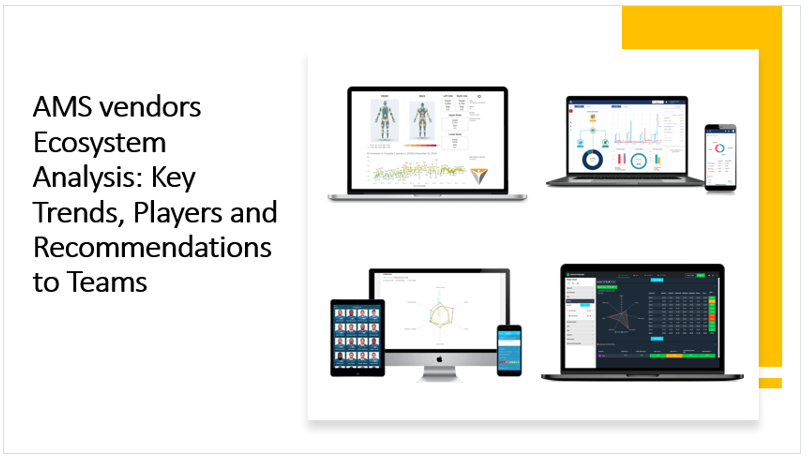
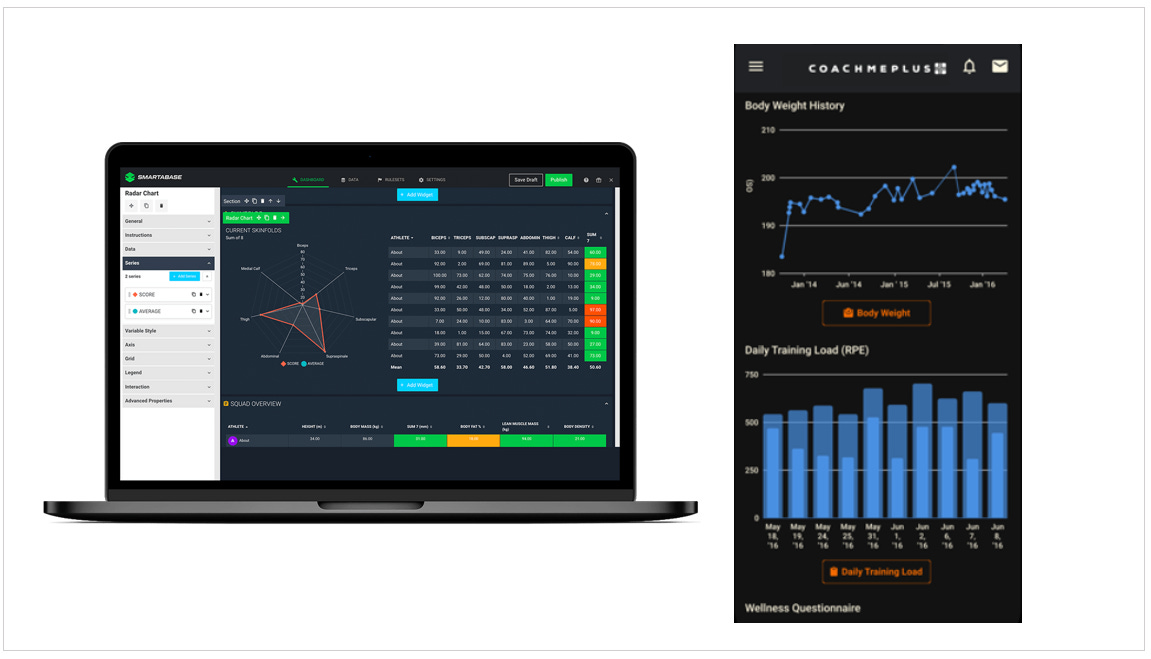
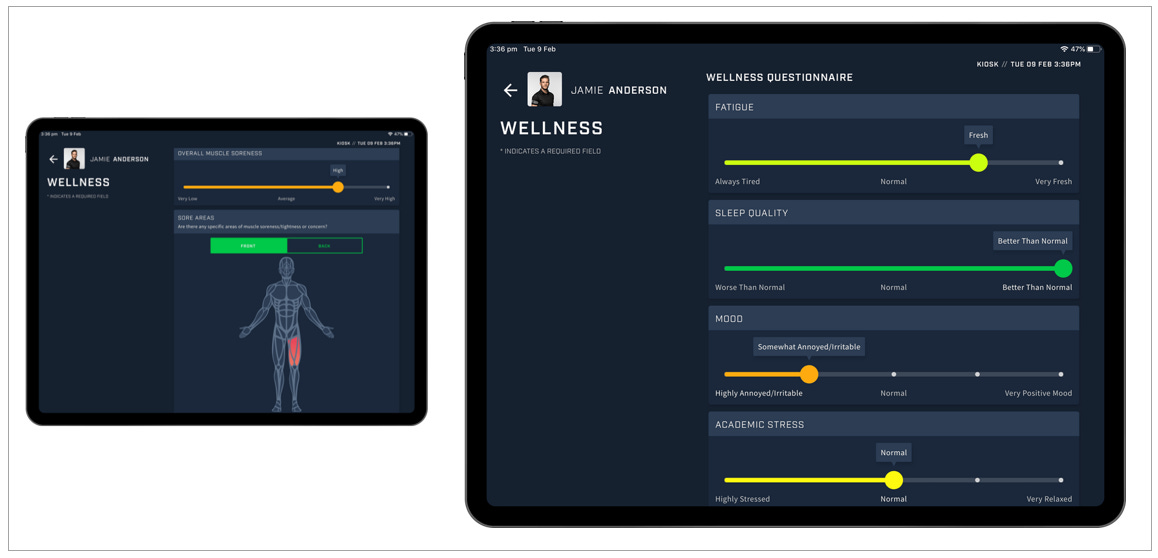
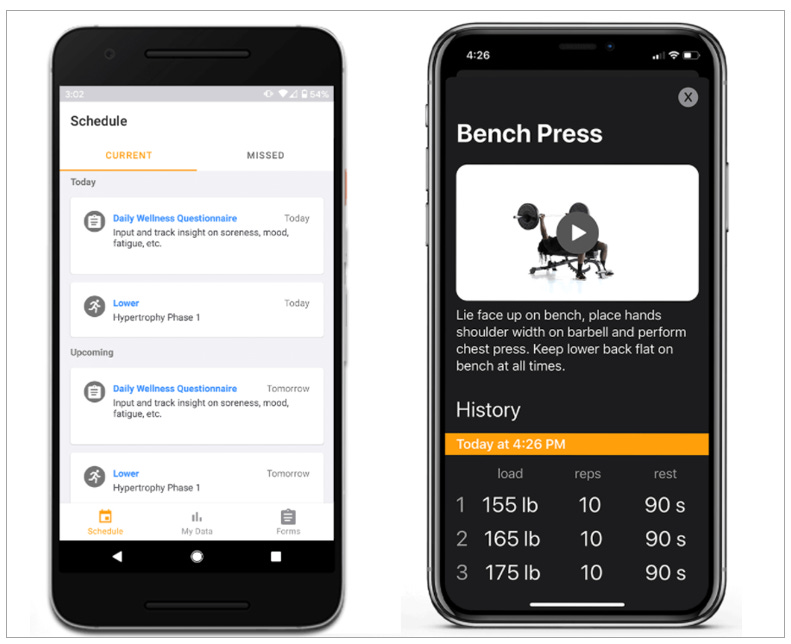
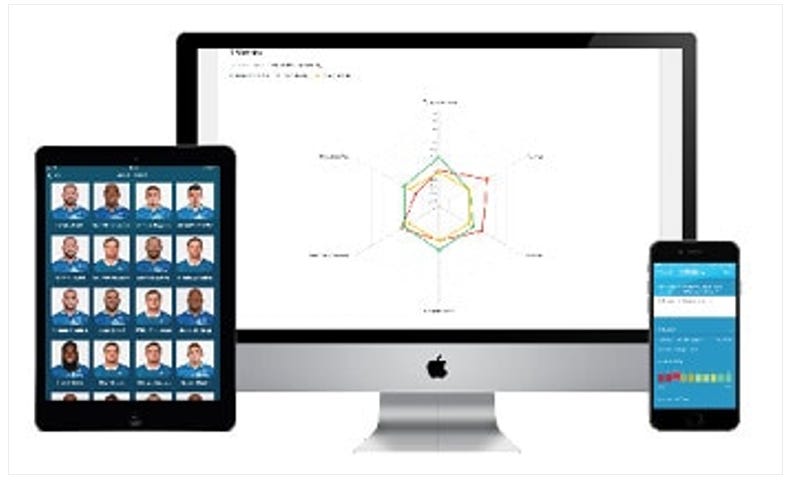
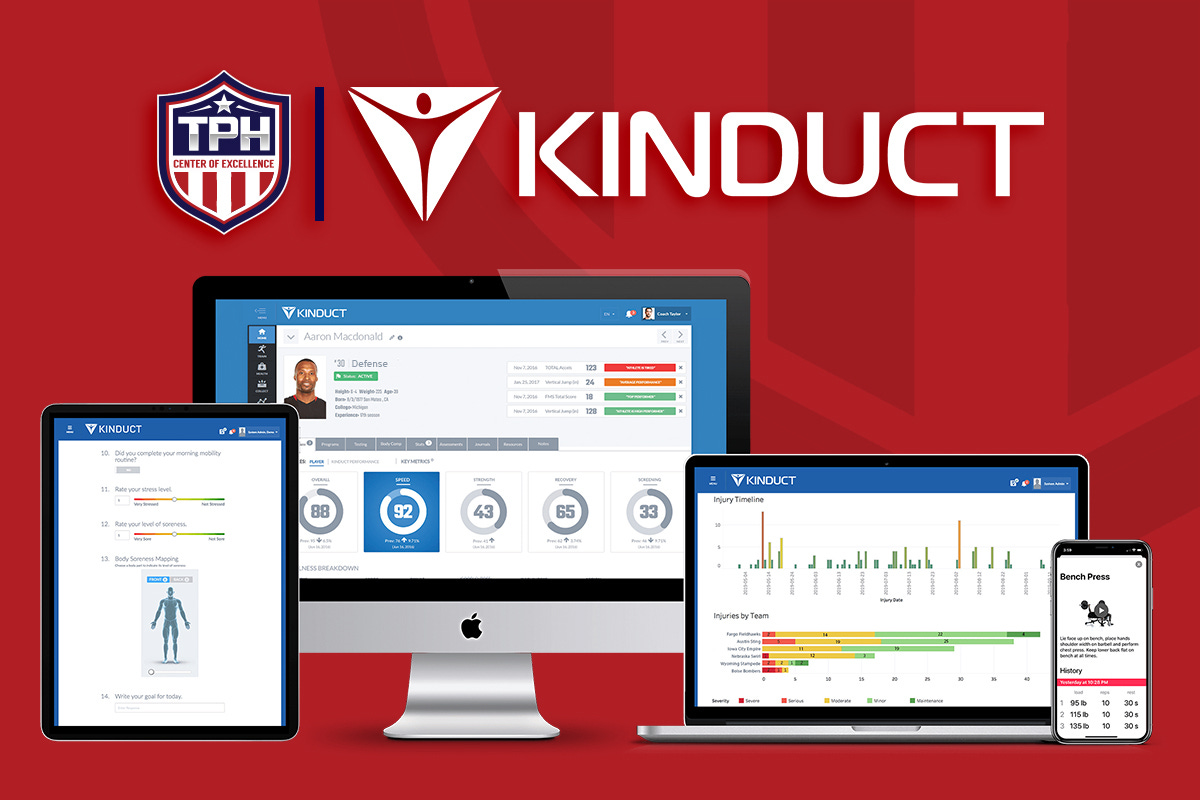
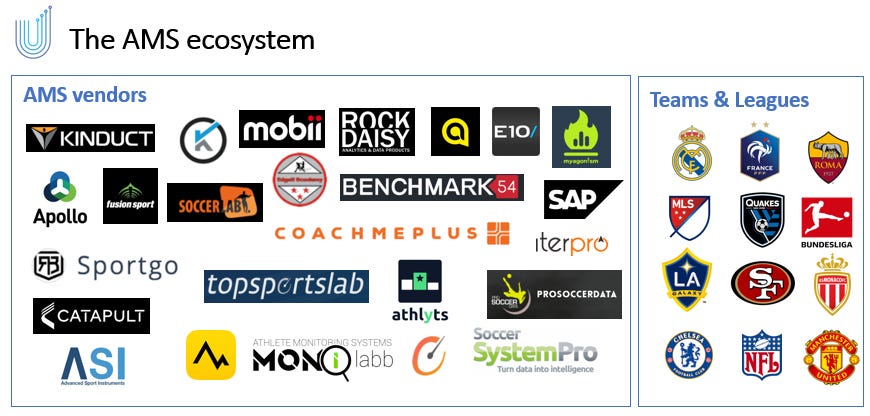
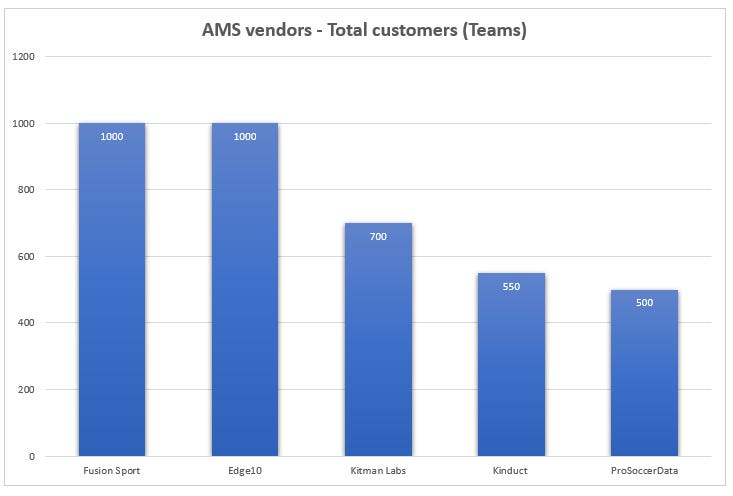
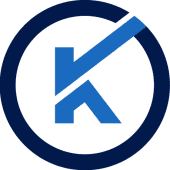


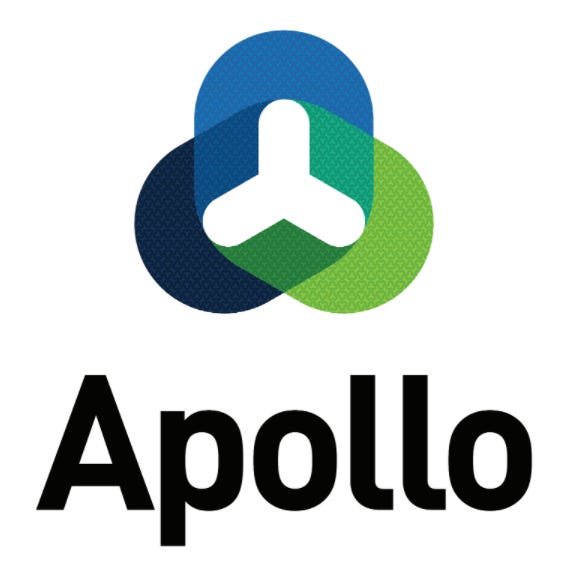
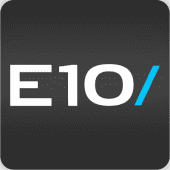


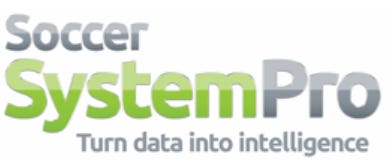




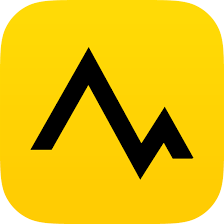
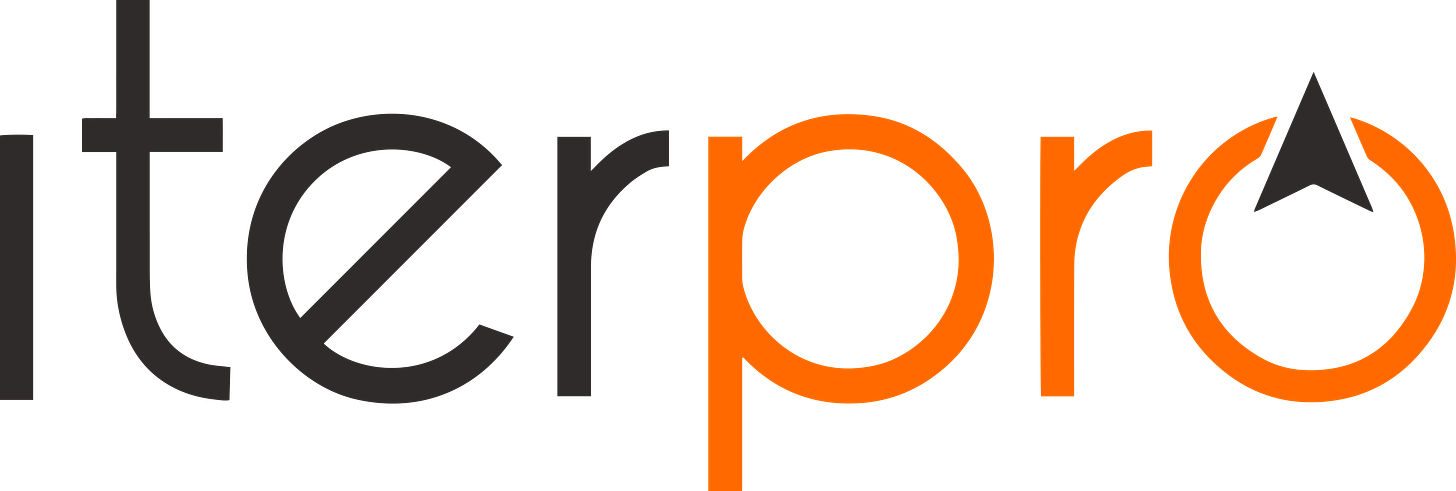
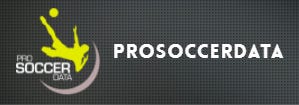
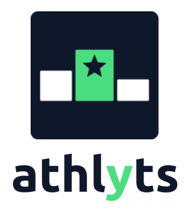




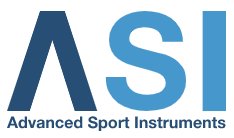
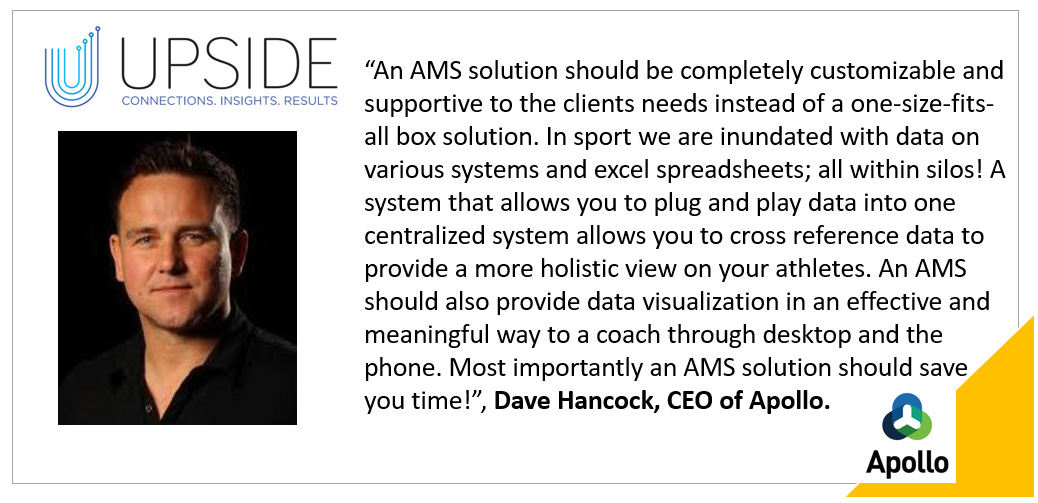
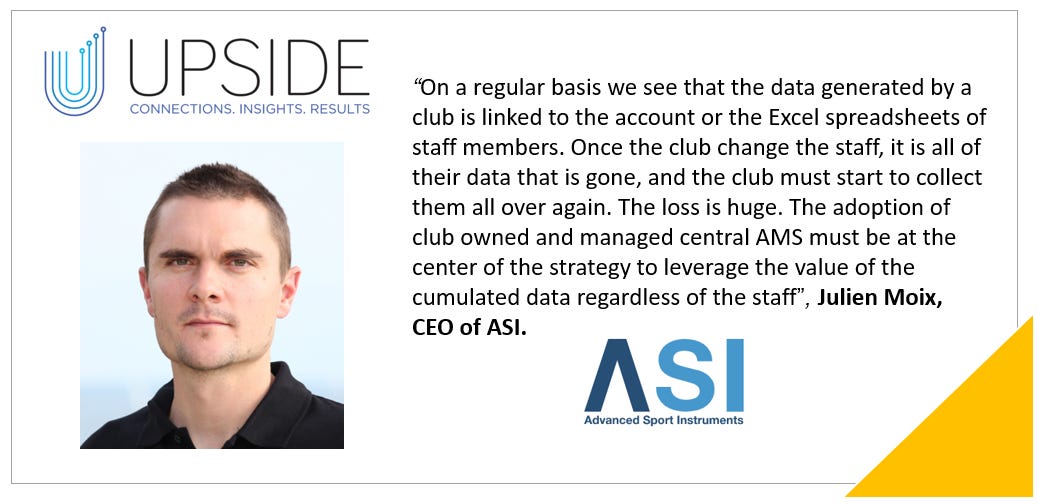
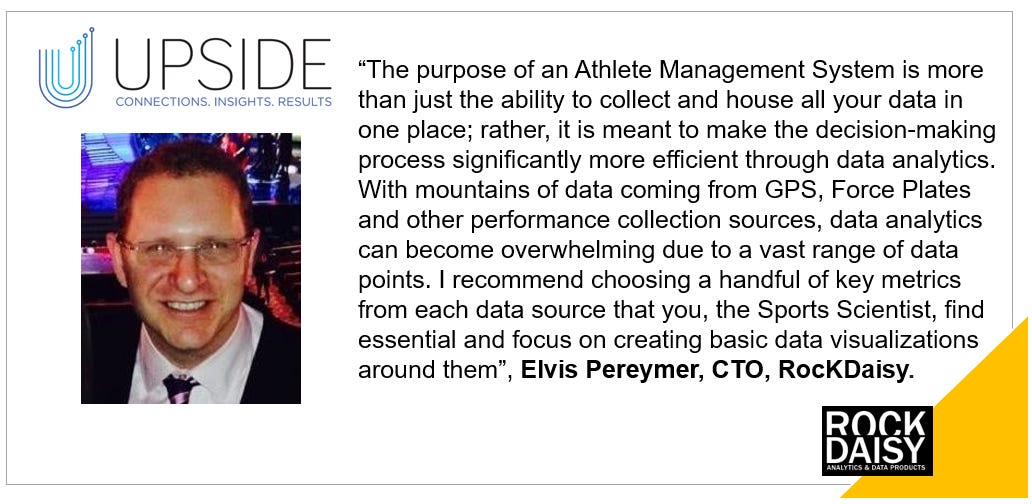
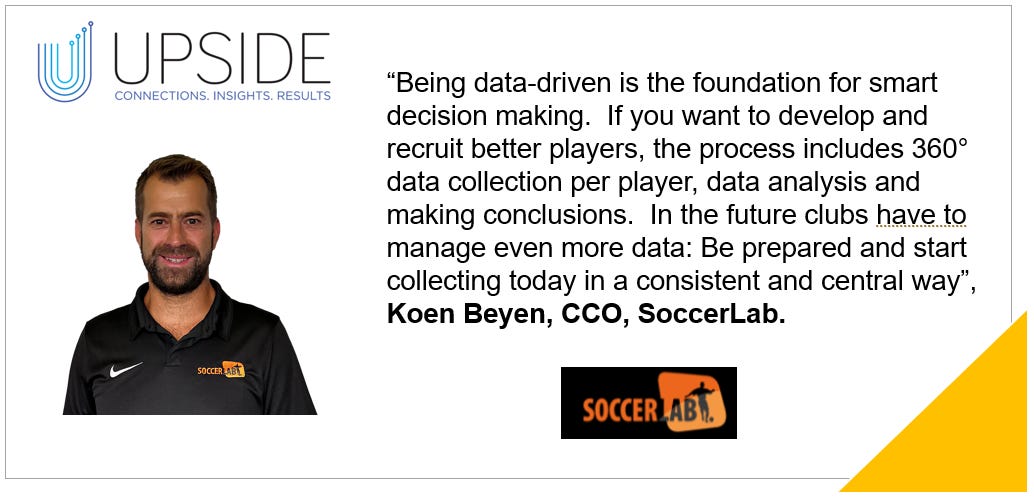
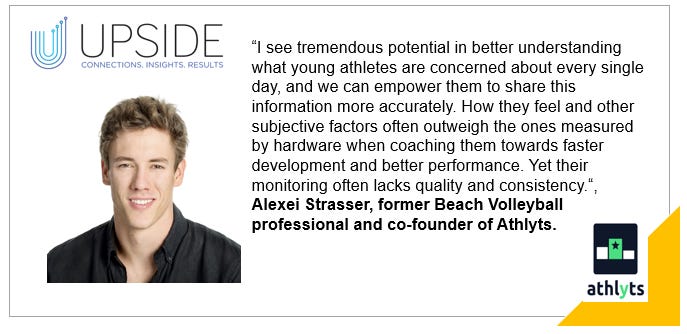
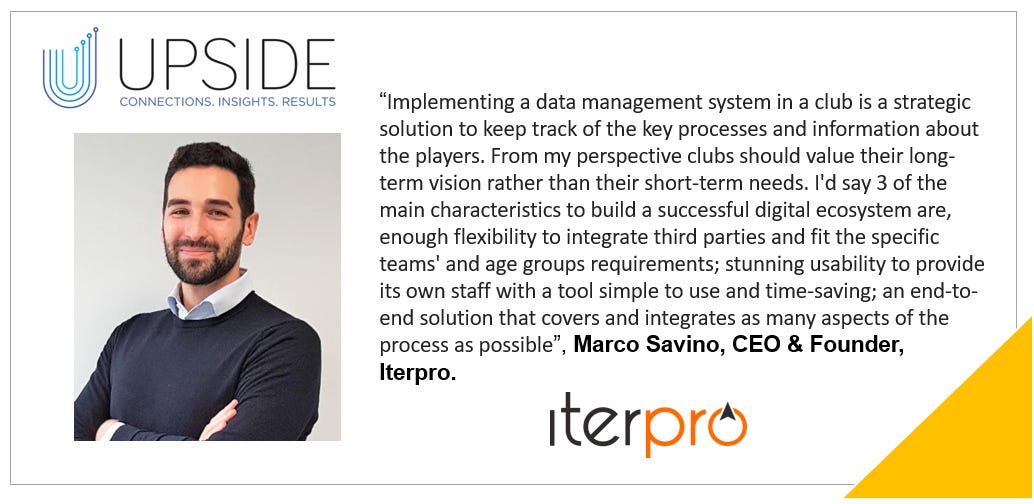



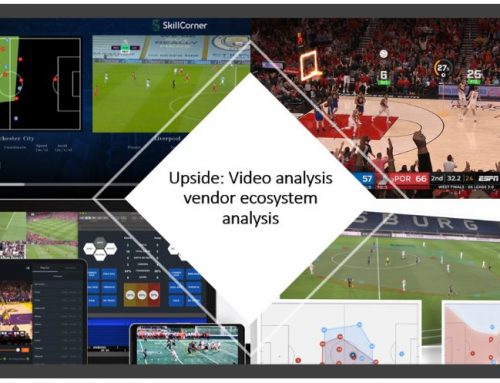
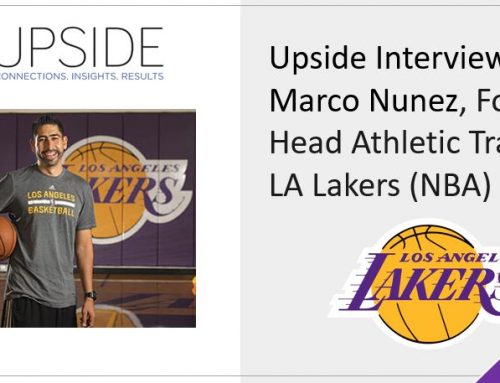
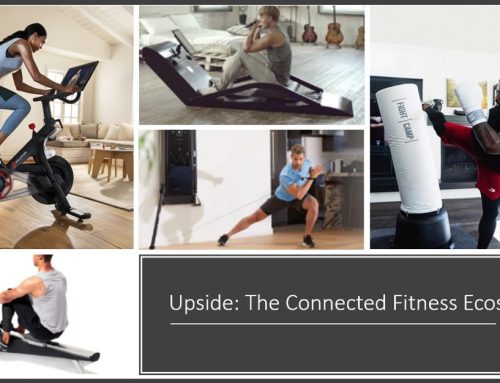

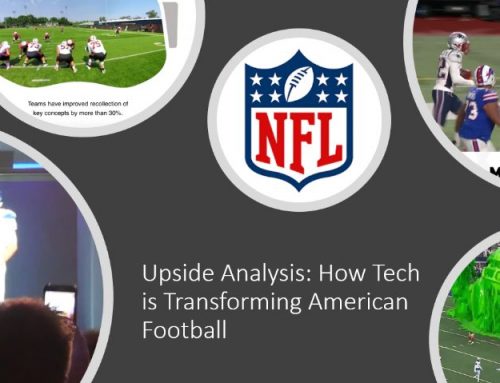
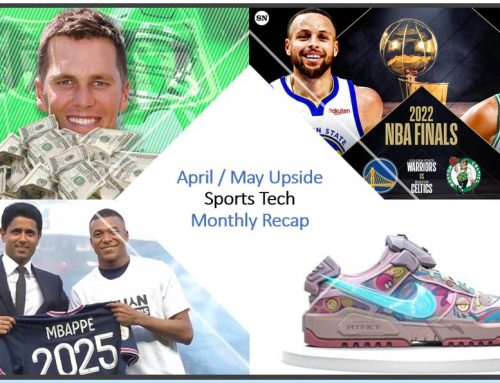
Leave A Comment
You must be logged in to post a comment.